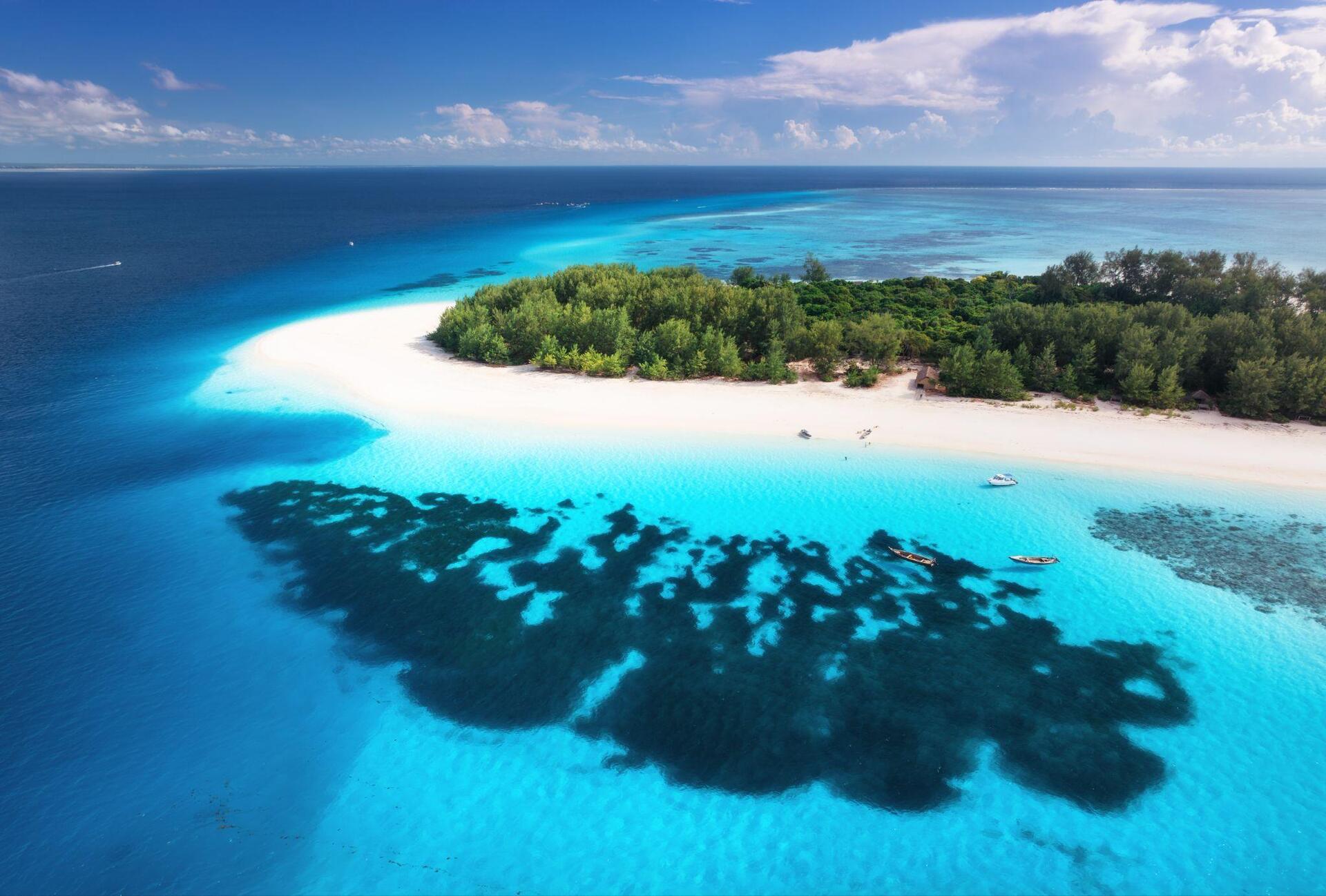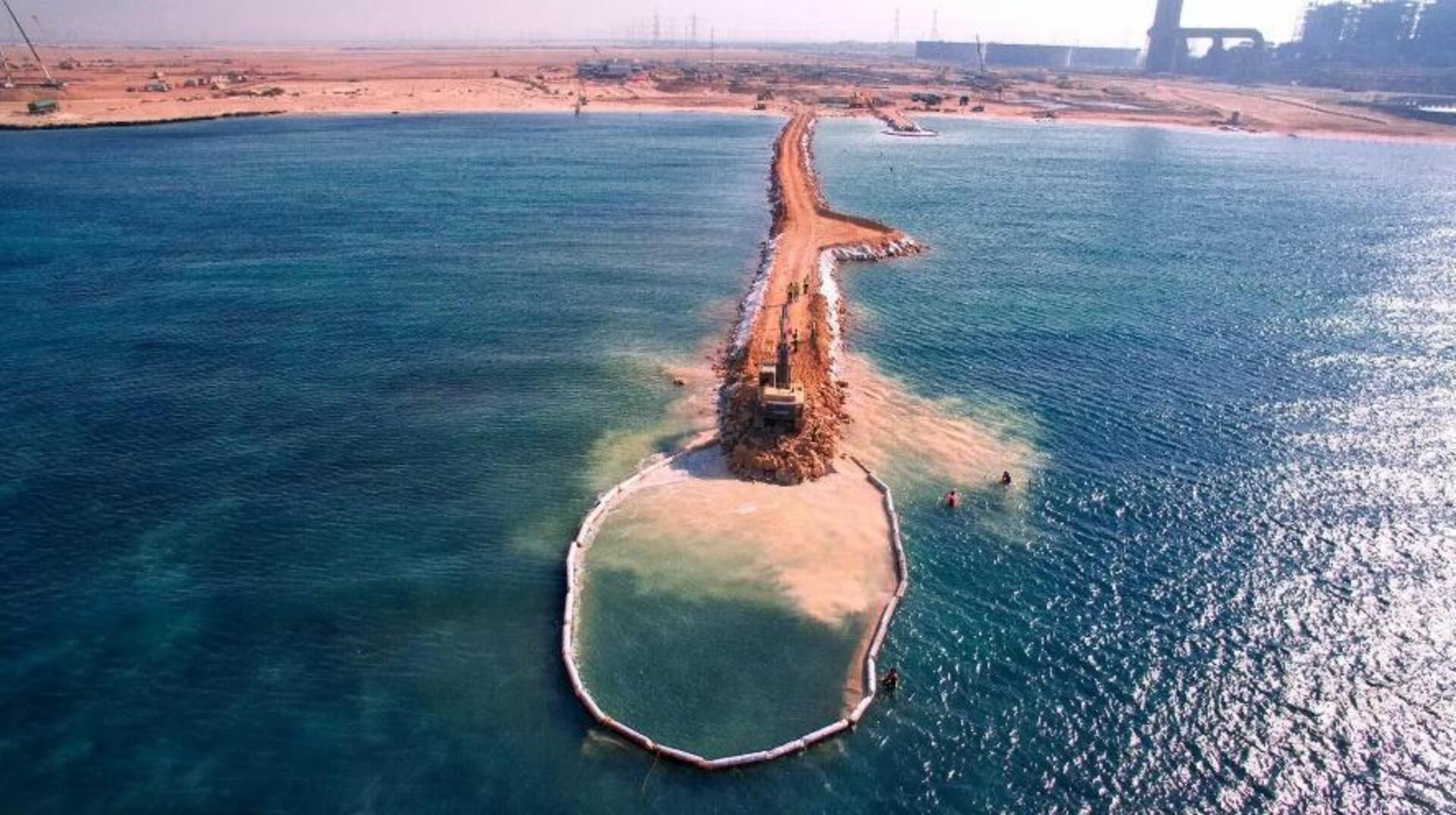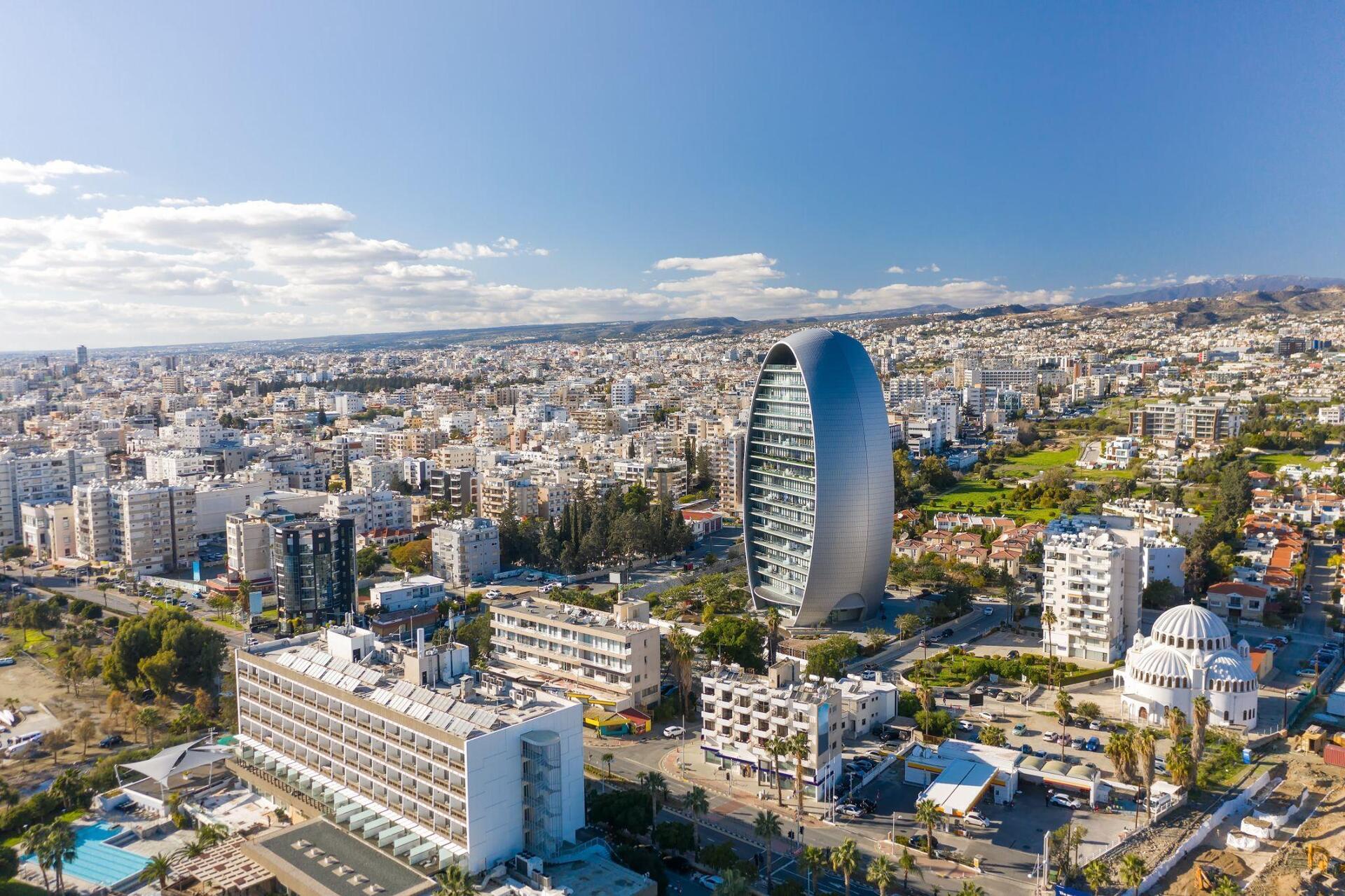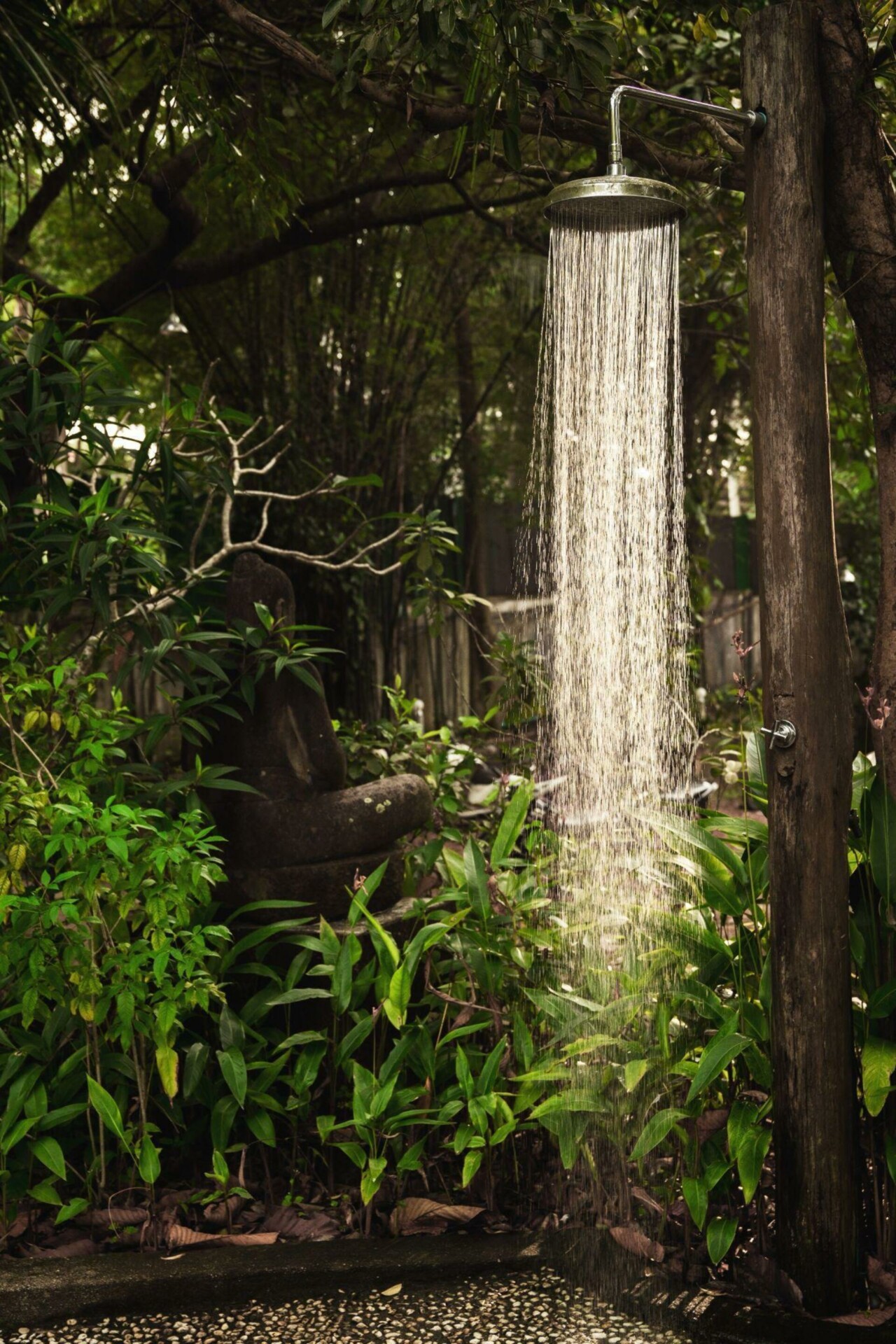Every summer, millions of travellers head to their dream destinations: sun-soaked beaches, picture-perfect islands, and whitewashed villages clinging to the sea.
Behind the postcard beauty of many of these places lies a growing challenge: ensuring enough water supplies are available for both residents and tourists. The pressure on local water systems spikes during the tourist season, worsened by increasingly frequent droughts. To tackle the issue, some destinations are investing in concrete solutions, such as upgrading water networks and building new desalination and purification plants.
To tackle the issue, some destinations are investing in concrete solutions, such as upgrading water networks and building new desalination and purification plants.
Saudi Arabia, for example, is the world’s largest producer of desalinated water, with an installed capacity exceeding 7.6 million cubic meters per day, enough to cover around 70% of its urban water needs. The Shoaiba desalination plant, built by Fisia Italimpianti of the Webuild Group, supplies drinking water to over one million residents in the cities of Mecca, Jeddah, and Taif.

Tourism and Fresh Water Sources: A Fragile Balance
Few realise that the average tourist consumes three to five times more water than a resident. Long showers, constantly operating pools, lush hotel gardens, and heavy use in restaurants all push water demand through the roof in summer months.
The consequences are clear: water rationing, rising utility costs, and irrigation bans for local farms. Zanzibar is a striking example, where tourists use up to 15 times more water than locals, deepening inequalities and straining water supplies.
In places like Agrigento in Italy or the Greek island of Sifnos, the summer of 2024 brought full-blown water crises. Municipalities had to deploy water trucks and enforce strict usage limits, measures that also hurt the tourism sector.
Agriculture is among the hardest-hit sectors, as water supplies are diverted from drying aquifers to prioritise urban and tourist needs, leaving fields parched.
How Tourist Hotspots Are Trying to Avoid Water Scarcity and Promote Water Sustainability
Some destinations are taking proactive steps to stay ahead of the problem. On the island of Cyprus, seawater treatment plants are being ramped up to cope with demand.
The government has pledged €3 million to help hotels build their desalination plants and another €8 million to improve water infrastructure and reduce waste. Educational campaigns targeting tourists are also being launched to promote more conscious water use. Ultimately, the challenge is to strike a balance between tourism development and sustainable water management. The solution lies in smart investments, technological innovation, and, most importantly, a shift in mindset that includes governments, industry players, and travellers alike.
Ultimately, the challenge is to strike a balance between tourism development and sustainable water management. The solution lies in smart investments, technological innovation, and, most importantly, a shift in mindset that includes governments, industry players, and travellers alike.



